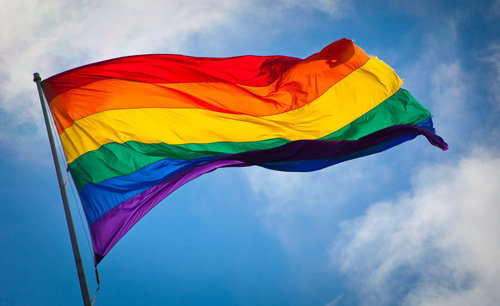
On Thursday, the Los Angeles Times published a powerful editorial arguing that a blank check for religiously affiliated organizations – far beyond houses of worship – to discriminate in employment against LGBT people should not be the price paid to enact the long-sought and critically important Employment Non-Discrimination Act (ENDA).
The ACLU strongly concurs, and has been outspoken on the need for a narrowed religious exemption in ENDA.
As the editorial succinctly notes:
…the American Civil Liberties Union and several gay rights groups note that the ENDA exemption would give religious employers — including, in some jurisdictions, religiously affiliated colleges and hospitals — free rein to discriminate against gay and transgender persons even for secular positions such as groundskeepers and physicians. They say they would be willing to live with a more narrowly tailored exemption for religious organizations.
We’re not sure any religious exemption is necessary. Under court decisions interpreting the 1st Amendment, religious institutions may choose their ministers without regard to anti-discrimination laws. It would be a shame if such an exemption — especially one that is not very carefully circumscribed, applying only to employees charged with preaching or propagating the faith — became the political price for enactment of ENDA.
Religious liberty is very important and guarantees us the freedom to hold any belief we choose and the right to act on our religious beliefs – but it does not allow us to harm or discriminate against others. Religious liberty, contrary to what opponents of LGBT equality argue, is not a license to use religion to discriminate.
ENDA’s religious exemption must be narrowed because it gives a stamp of legitimacy to LGBT discrimination that our civil rights laws have never given to discrimination based on an individual’s race, sex, national origin, age, or disability. The LGBT community and those who advocate for LGBT people must not allow this.
Now is the time to draw a line in the sand and make clear that blank checks to discriminate are incompatible with basic fairness and equality under the law for LGBT people. We remain hopeful that our allies in Congress will agree that singling out LGBT people alone for this kind of unequal and unfair exemption to otherwise applicable non-discrimination laws has no place in this historic legislation.
Learn more about LGBT discrimination in the workplace and other civil liberty issues: Sign up for breaking news alerts, follow us on Twitter, and like us on Facebook.

